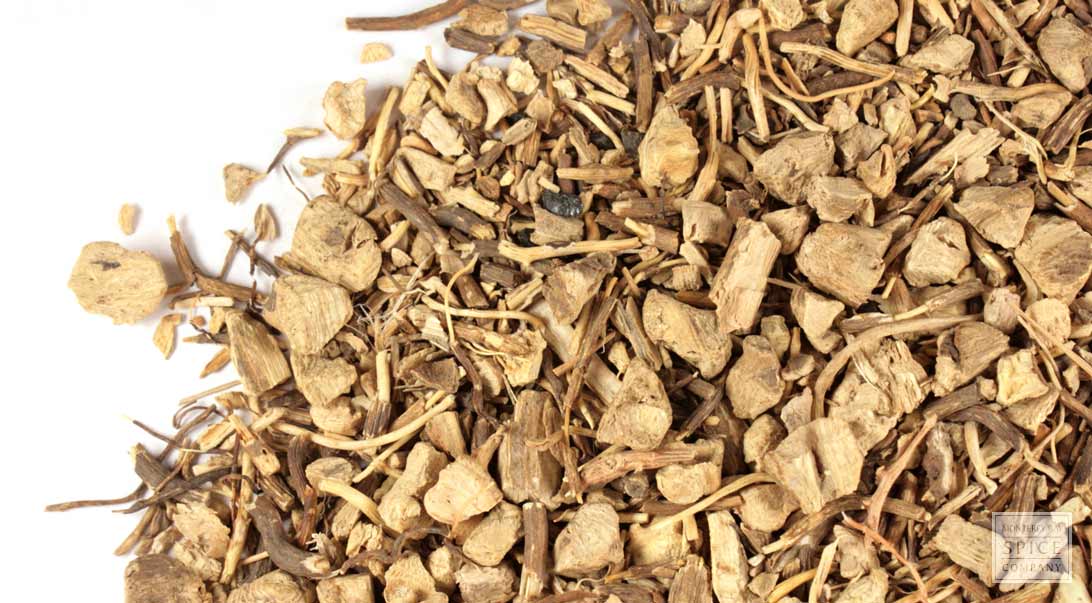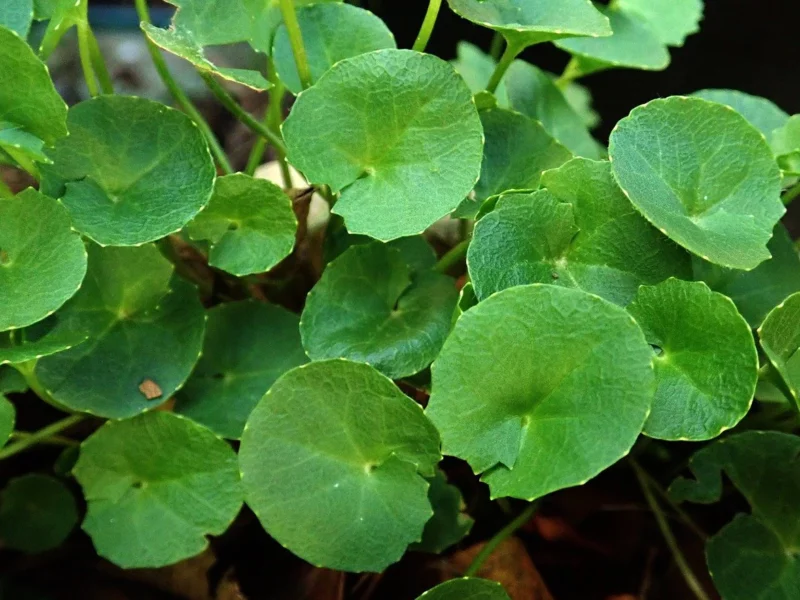Introduction
Gravel root, also known as Eupatorium purpureum or Joe-Pye weed, is a perennial herb native to North America. This medicinal plant has a long history of traditional use in herbal medicine for various health conditions. In recent years, gravel root supplements have gained popularity due to their potential health benefits. In this comprehensive guide, we will explore the benefits of gravel root supplements, discussing their uses, potential side effects, and recommended dosage.
Anti-Inflammatory Properties
One of the primary benefits of gravel root supplements is their anti-inflammatory properties. The plant contains various bioactive compounds, including flavonoids and phenolic acids, which possess potent anti-inflammatory effects. These properties make gravel root supplements a popular choice for individuals suffering from inflammatory conditions such as arthritis, gout, and general musculoskeletal discomfort.
Urinary Tract Health
Gravel root is renowned for its positive effects on urinary tract health. The herb has diuretic properties, meaning it can increase urine production and promote urinary flow. This can be particularly beneficial for individuals with urinary tract infections (UTIs), kidney stones, or bladder problems. Gravel root supplements may help flush out bacteria and toxins from the urinary system, relieving discomfort and supporting overall urinary health.
Kidney Stone Prevention
Kidney stones are a common condition characterized by the formation of mineral crystals in the kidneys. Gravel root supplements have been traditionally used to prevent the recurrence of kidney stones. The herb’s diuretic properties aid in increasing urine output, which can help flush out minerals and prevent stone formation. However, it is essential to consult a healthcare professional before using gravel root supplements as a preventive measure for kidney stones.
Digestive Health
Gravel root has a long history of use in traditional medicine for digestive ailments. It is believed to possess digestive stimulant properties, promoting healthy digestion and relieving gastrointestinal discomfort. Gravel root supplements may help alleviate symptoms of indigestion, bloating, and gas. Additionally, the herb is thought to have mild laxative effects, aiding in regular bowel movements.
Anti-Bacterial and Anti-Microbial Effects
Gravel root contains compounds with potential antibacterial and antimicrobial effects. These properties may be useful in supporting the body’s immune system and combating bacterial and microbial infections. However, it is important to note that gravel root supplements should not replace conventional medical treatments for infections, and professional medical advice should be sought in such cases.
Menstrual Support
For women experiencing menstrual discomfort, gravel root supplements may provide relief. The herb is believed to possess antispasmodic properties, which can help relax uterine muscles and alleviate menstrual cramps. Gravel root is also considered an emmenagogue, which means it can promote a healthy menstrual flow.
Anti-Rheumatic Effects
Rheumatic conditions, such as rheumatoid arthritis, can cause chronic pain and inflammation in the joints. Gravel root supplements have been used traditionally to reduce joint pain and inflammation. The herb’s anti-inflammatory properties and potential analgesic effects may help alleviate symptoms and improve overall joint health.
Dosage and Precautions
When considering gravel root supplements, it is essential to follow the recommended dosage guidelines. Since supplements may vary in strength and formulation, it is advisable to consult a healthcare professional or a qualified herbalist for personalized advice. Pregnant and breastfeeding women, as well as individuals with pre-existing medical conditions or taking medications, should exercise caution and seek professional guidance before using gravel root supplements.
Conclusion
Gravel root supplements offer a range of potential health benefits, including anti-inflammatory properties, support for urinary tract health, kidney stone prevention, digestive health promotion, antibacterial effects, menstrual support, and anti-rheumatic effects. While gravel root has a long history of traditional use, it is important to consult healthcare professionals for guidance on dosage, potential interactions, and suitability for individual needs. Remember, supplements should not replace medical treatments, and a holistic approach to health, including a balanced diet, regular exercise, and professional medical advice, is crucial for overall well-being.
- CBD Vape Cartridges By Glowbar London-Vaping Bliss: A Flavorful Journey with Glowbar London’s CBD Vape Cartridges! - March 29, 2024
- Wick Liquor: Unveiling the Artistry of Exquisite E-Liquid Craftsmanship - February 26, 2024
- Comprehensive Guide on the Benefits of Gravel Root Supplements - July 11, 2023




